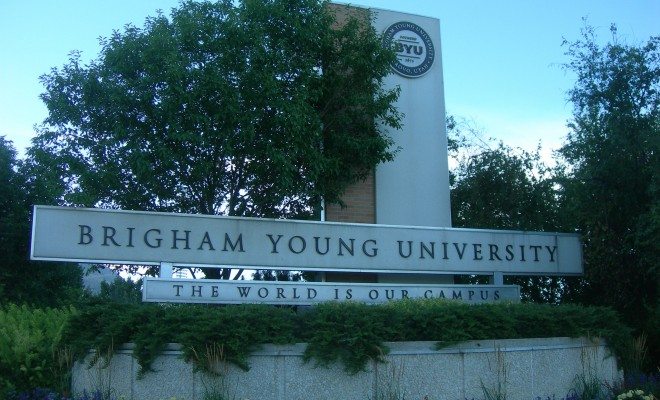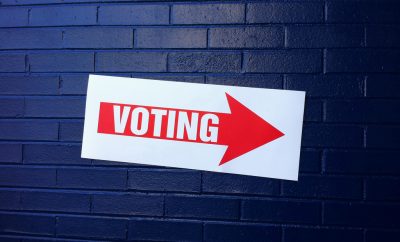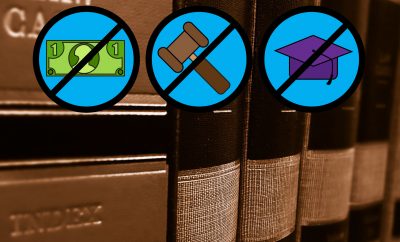 Image courtesy of [Jimmy Emerson, DVM via Flickr]
Image courtesy of [Jimmy Emerson, DVM via Flickr]
Schools
Claims of Discrimination at BYU Law May Spark ABA Involvement
Brigham Young University’s J. Reuben Clark Law School is under investigation by the American Bar Association (ABA) for possible discriminatory practices. There are concerns that the law school discriminates against students who are LGBTQ, or who begin their career at the school as Mormons, and then change their faith. A student group called FreeBYU has brought these concerns to the ABA, officials from the organization are now reviewing the complaint.
BYU Law requires its students to sign a strict honor code, which forbids homosexual relationships. Additionally, it bars students from leaving the Mormon faith before graduation, although non-Mormons are allowed to admitted to the school from the get-go as long as they pay a higher tuition rate. If students break the honor code, they could be kept from completing their degrees. The members of FreeBYU are claiming that these actions violate the ABA’s nondiscrimination guidelines.
A petition asking to “Restore Religious Freedom at BYU” that focuses particularly on the treatment of students who have left the Mormon church has garnered almost 3000 signatures, and points out that students who left the Mormon faith while enrolled used to be allowed to continue on as students, as long as they paid the higher tuition rate levied on non-Mormons. According to FreeBYU, that law was changed in 1993.
Exactly what rules a private law school–particularly one that is religiously affiliated–has to follow are difficult to untangle. But as Annie Knox, of the Salt Lake Tribune explains:
Religious institutions such as BYU have some leeway in tailoring their admissions and hiring processes to indicate a ‘preference’ for people with a certain religious affiliation, according to the most recent ABA guidelines, so long as the preferences are clear before students and faculty come to campus. But the standards may not be used to limit academic freedom or to discriminate when it comes to admission or retention of students. The professional organization of attorneys and law students forbids schools from ‘taking action’ based on race, religion, gender, nationality, sexuality, age or disability.
Spokespeople from BYU have acknowledged that the school was asked to provide information to the ABA after a request was made a few months ago, and that the school is confident it will retain its accreditation. But at this point, that decision will be left in the ABA’s hands–if the organization believes that BYU Law has indeed acted incorrectly, an investigator may be sent to the school and the question could end up in front of an accrediting committee.








Comments